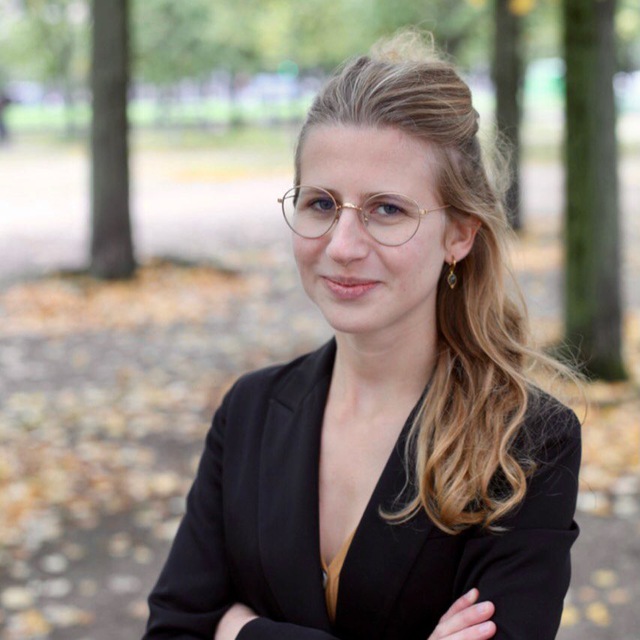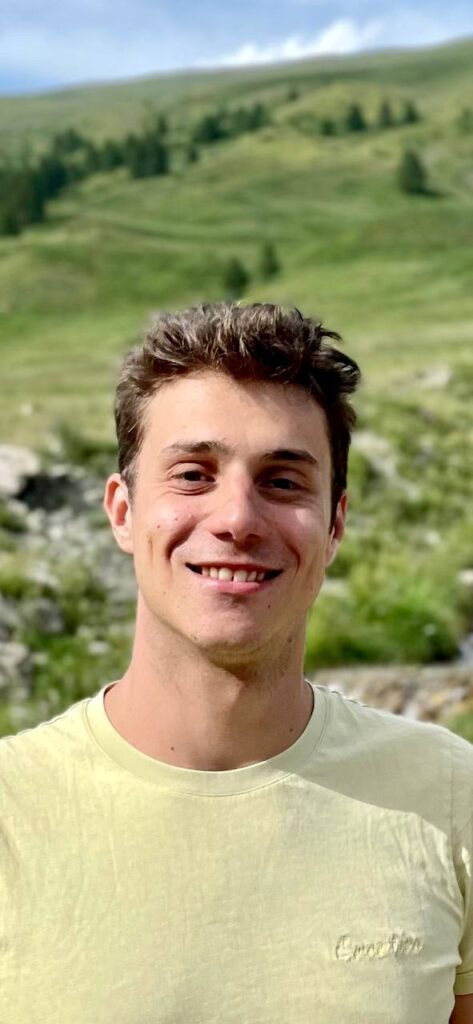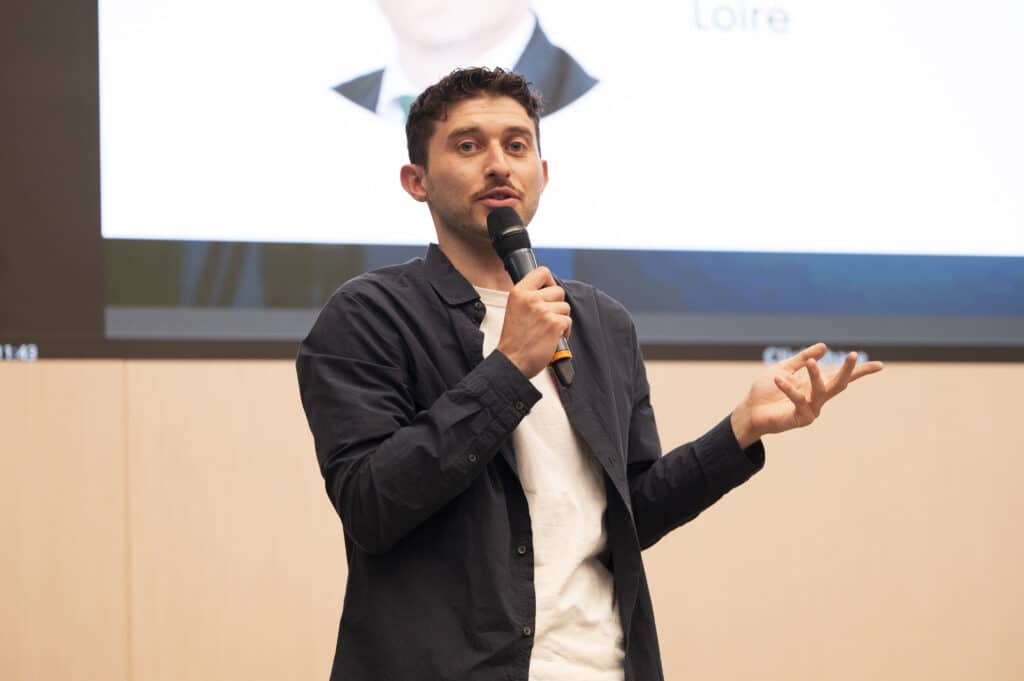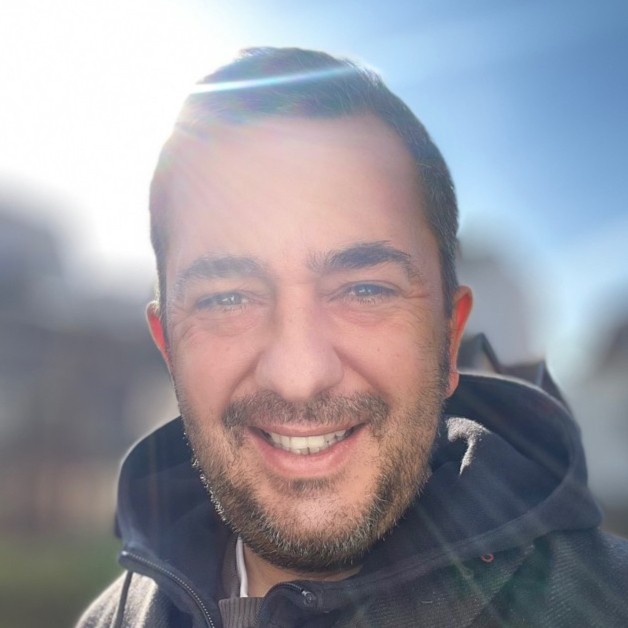Our history
QuotaClimat was founded in early 2022, during the French presidential campaign, to raise awareness of the limited focus on the ecological crisis within the media agenda.
The initiative was launched by Eva Morel, Anne-Lise Vernières, and Lola Morel at a time when ecological issues accounted for, on average, less than 3% of media coverage (according to L’Affaire du Siècle’s Barometer), making them a glaring absentee from public debate.
This observation was all the more alarming given that, during this critical democratic period, the two final sections of the IPCC’s Sixth Assessment Report were published, urgently warning of the need for immediate action.
The collective’s first action was the publication of an op-ed in Le Journal du Dimanche (JDD), calling for greater and better media coverage of ecological issues, particularly in the context of the presidential campaign, a pivotal moment for democratic engagement.
This op-ed urged journalists and editorial teams to voluntarily commit to dedicating 20% of available audiovisual space to climate and biodiversity issues. It was signed by thousands of individuals and supported by journalists, experts, scientists, and politicians across the political spectrum.
Following this, the collective launched a petition on MesOpinions, gathering over 30,000 signatures within a few days.
QuotaClimat was also behind the #DernierDébat movement, which aimed to urge the two moderators of the final presidential debate, Léa Salamé and Gilles Bouleau, to focus on the ecological emergency. Alongside 20 associations (The Shift Project, WWF, On est prêt, and others), they sent an open letter and a list of suggested questions, encouraging moderators to frame the debate around the pressing ecological crisis.
For the first time in history, the second-round debate devoted 18 minutes (11% of the total time) to environmental issues, with moderators directly asking candidates a climate-related question. Although the focus remained narrowly on the country’s electricity production—only a fraction of the broader planetary boundaries—this marked a significant step forward and serves as motivation to continue the fight.
Today, QuotaClimat works hand-in-hand with citizens, businesses, associations, policymakers, scientists, and journalists to jointly advocate for media coverage that matches the scale of the ecological crisis. Citizen mobilisation, Data production and Political advocacy remain the association’s two primary strategies.
Our assessment
Les crises écologiques progressent et leurs conséquences sont désormais palpables :
- They are material: For example, France Assureurs estimates the cost of natural disasters in 2023 at €6.5 billion, a significant increase compared to previous years.
- They are democratic: Natural disasters fuel institutional distrust, while ecological policies are often exploited to incite fear and division. Environmental crises act as crisis multipliers, destabilizing democratic achievements and weakening societal resilience.
- They are human: By 2050, 3.3 billion people will be exposed to the consequences of the climate crisis. Deaths caused by pollution, heatwaves, extreme weather events, zoonotic diseases, and shortages are already numbering in the millions.
There are many levers to address the ecological crisis, yet one remains largely overlooked: the mobilization of journalists and media outlets. This means producing sufficient, accurate, and high-quality environmental information, aimed at fostering action rather than fueling inertia.
The IPCC’s Sixth Assessment Report is clear on this point: “The media play a crucial role in shaping perceptions, understanding, and the public’s willingness to act on climate change” (page 2516).
Pierre Peyretou’s theory of the triangle of inaction suggests that ecological inertia stems from a vicious cycle driven by three actors: (1) policymakers, (2) businesses, and (3) citizens— each shifting responsibility onto the others.
We place the media at the heart of this triangle. By failing to push policymakers out of their comfort zones during political broadcasts and election debates, by not adequately challenging businesses on their contradictions and avoidance strategies, and by providing citizens with insufficient information on the actions available to them, the media contribute to inaction.
But the opposite is possible. By informing more and informing better, by conducting in-depth investigations, the media can break this inertia and position themselves as an effective counter-power.
This is the essence of our mission: to encourage this transformation by all possible means, from direct advocacy to the development of appropriate legislation.

Despite economic and political backlash, the environment remains the second priority for the French
Surveys and studies vary depending on how questions are framed, but the Fractures françaises study (Ipsos-Sopra-Steria) consistently ranks the environment as the second major concern for the French — behind purchasing power but ahead of security. This holds true despite the backlash observed since the agricultural crisis in early 2024.
35% of French citizens are climate skeptics: a defensive reaction against political ecology
According to the latest Barometer of Social Representations by ADEME, 35% of French citizens either doubt or reject the scientific consensus on global warming. The Parlons Climat study indicates that this skepticism primarily reflects a rejection of political ecology and a perceived lack of agency — the belief that individuals have little capacity to act.
A reaction linked to the rise of climate misinformation and disinformation
According to the European Digital Media Observatory, climate disinformation accounted for 11% of all recorded disinformation in 2024.
This phenomenon is surging, primarily targeting the messengers of the ecological transition — scientists, NGOs, and political ecology advocates. As a result, public perceptions and the willingness to take action are being significantly affected.
Risks
1. 1. Polarization of public opinion and political instrumentalization
2. 2. Citizen demobilization
3. 3. The rise of post-truth narratives
4. 4. Political and Economic disincentives to act on the ecological emergency
Link between information, behavior, and opinions
There is no neutral choice environment. In other words, influence is inevitable. It can push in one direction, another, or reinforce the status quo.
Today, we observe that, when it comes to the ecological transition, the informational environment tends to encourage the status quo — or even regression — rather than ambition.
33%, or 1 in 3 viewers, say that a television program has already inspired a change in their life (source: Behavioral Insights Team). The transformative potential is immense.
The media shape the perception of reality and influence both the capacity to act and the acceptability of action. Two schools of thought theorize this dynamic:
- Agenda Setting: The media play a central role in defining the issues that capture government attention and can shape public opinion by determining which topics receive the most coverage. According to this theory, bringing the environmental crisis and its urgent nature to the forefront is possible by increasing the prevalence of environmental topics in the media.
- Cultivation Theory: Individuals who spend more time watching television are more likely to perceive the world through a lens aligned with the messages it conveys. According to this perspective, the spread of climate-skeptical, climate-dismissive, or generally inaction-oriented narratives fosters distrust toward climate change mitigation and adaptation measures.
The structure of information is one of the prerequisites for collective support of the ecological transition. This is precisely the lever on which QuotaClimat positions itself—transforming it into an accelerator rather than an obstacle. It relies on four main factors:
1. Who
2. How
3. When
4. What
Afin que l’information permette le passage à l’action et l’adhésion à la transition, cela implique de :
- Highlighting experts and combating disinformation spread by so-called “recognized” figures.
- Universalizing and mainstreaming environmental discourse to prevent it from being confined to specialized figures and spaces.
- Focusing the narrative more on solutions and their co-benefits.
- Increasing media time dedicated to environmental issues to facilitate public engagement while emphasizing the urgency of the crisis.
- Showcasing individuals and organizations that have undertaken transition measures.Using storytelling to embed the transition into everyday perceptions.
- Highlighting solutions in proportion to their real impact.
- Shedding light on the co-benefits of the transition beyond environmental issues, including health, economic, and social advantages.
- Fighting disinformation to promote a better general understanding of environmental challenges.
- Enabling the public to understand the mechanisms of crises through dedicated educational content.
- Establishing clear connections between the problem, its causes, and human solutions.
We advocate for this set of principles to reshape the information landscape in a way that addresses the vital environmental challenges ahead.
Who we are
Permanent team

Eva Morel
Co-fondatrice & Secrétaire générale

Jean Sauvignon
Head of Data

Louna Wemaere
Chargée de plaidoyer international

Léonard Dermarkarian
Chargé de plaidoyer national

Arnaud Benoits
Responsable projets Data
Board

Anne-Lise Vernières
Co-fondatrice – Présidente

Céline Puff Ardichvili
Administratrice

Fabrice Ferrier
Administrateur


